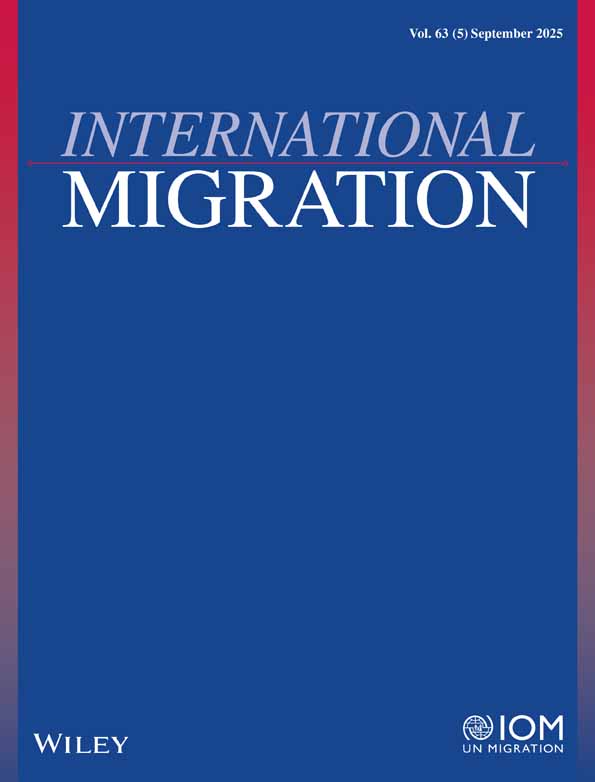The Effect of Linguistic Distance and Country of Origin on Immigrant Language Skills: Application to Israel†
Abstract
This article is concerned with identifying, for the first time, the separate effects of linguistic distance (language of origin) and country of origin on the destination language proficiency of immigrants. The determinants of Hebrew language proficiency (fluency and literacy) among immigrants in Israel are studied using the 1972 Census of Israel and the Immigration Absorption (panel) Surveys conducted in the 1970s.
Country of origin and language of origin matter for proficiency in Hebrew, especially in the longer term. By country of origin, those from North Africa are the least proficient. By language of origin, Arabic speakers are the most proficient, suggesting a small linguistic distance from Hebrew. Immigrants from English-speaking origins are the least proficient in Hebrew.
This may reflect a large linguistic distance or, more likely, the unique role of English as the international language, which reduces incentives for investments in Hebrew. Immigrants from dual-language countries of origin are more proficient in Hebrew than those from single language origins.




